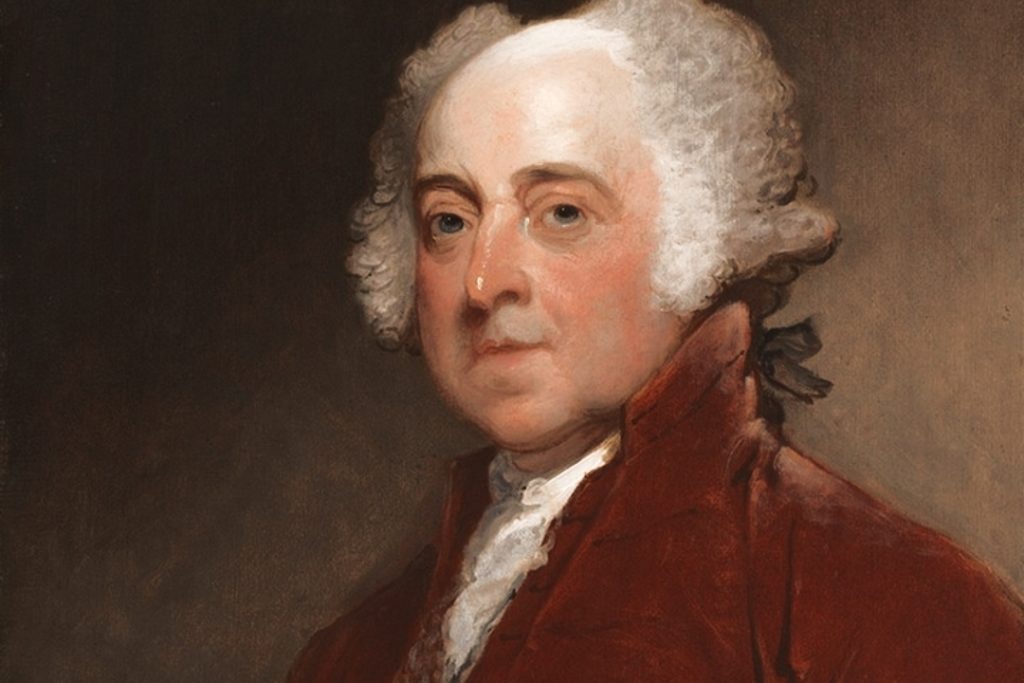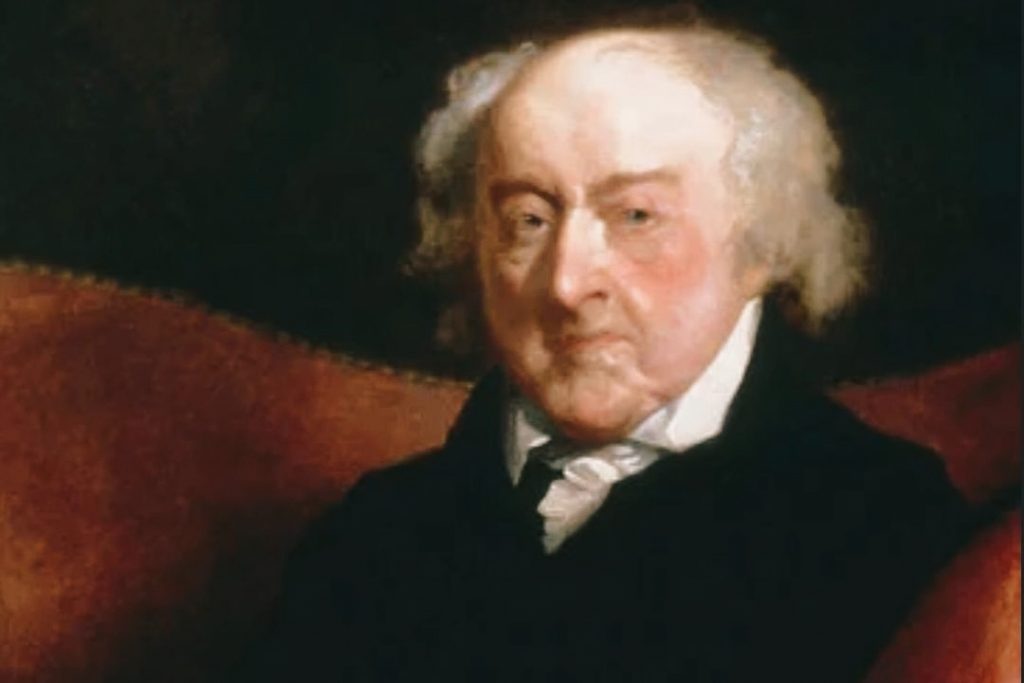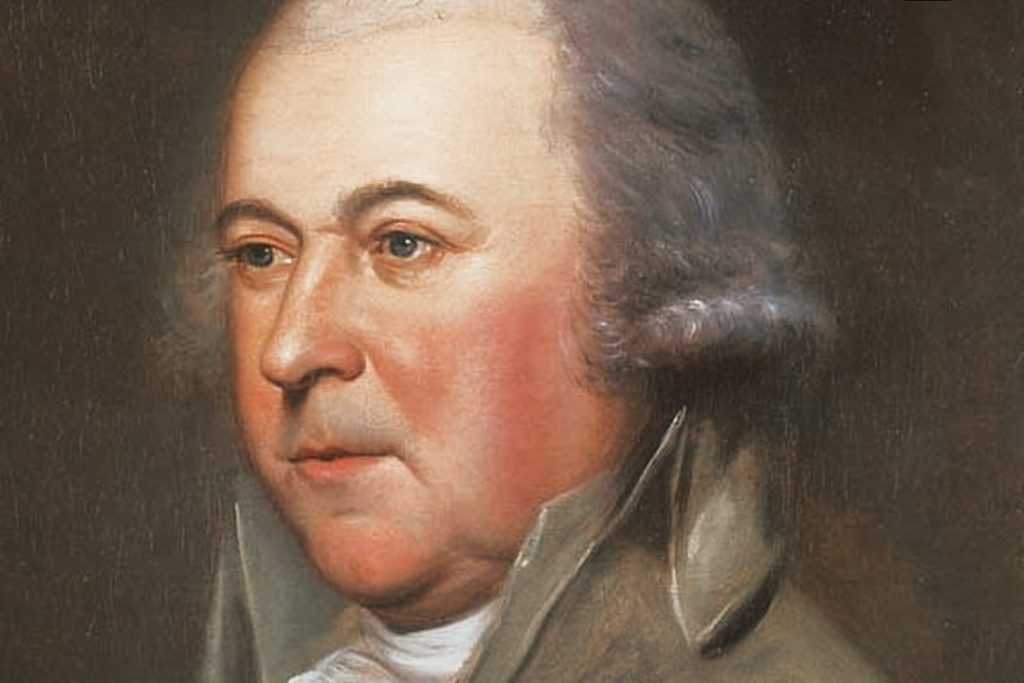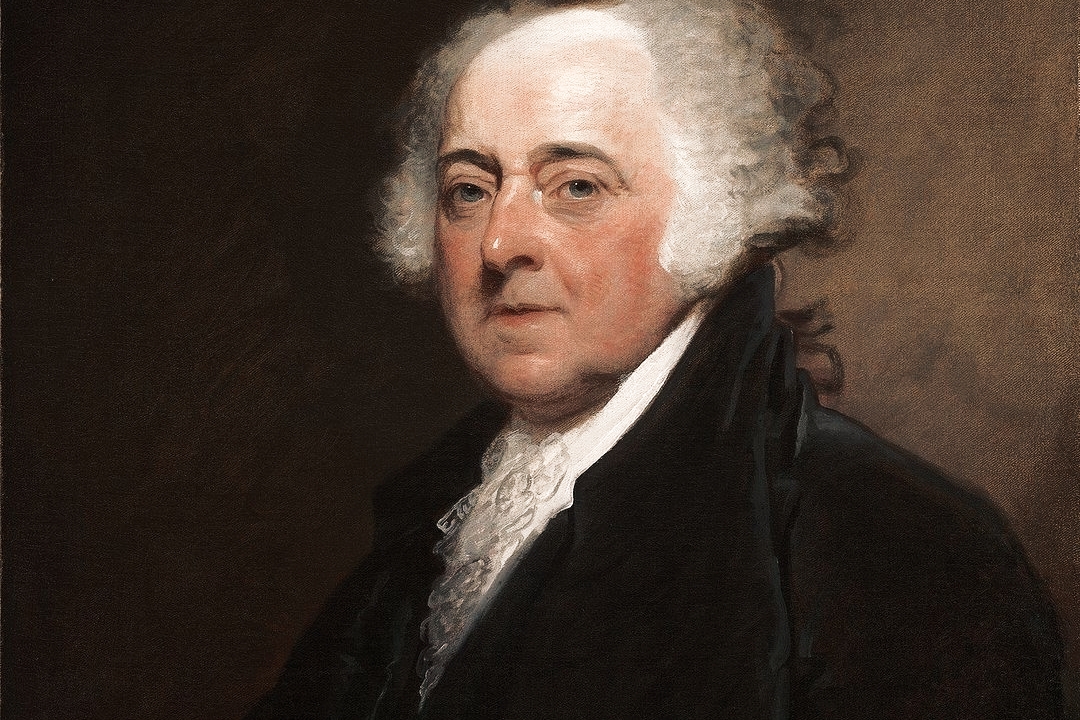John Adams, one of America’s most prominent Founding Fathers, played a crucial role in shaping the early political and philosophical foundation of the United States. As the second president of the United States, John Adams’ contributions to the nation extended beyond his presidency, influencing diplomacy, governance, and the ideals of liberty and independence.
In this comprehensive biography, we explore the multifaceted life of John Adams, focusing on his early years, rise to prominence, political career, presidency, and enduring legacy.
Early Life and Education of John Adams

John Adams was born on October 30, 1735, in Braintree, Massachusetts (now Quincy), to John Adams Sr. and Susanna Boylston Adams. His father was a farmer and a deacon in the local church, instilling in young John a sense of discipline and morality.
Adams grew up in a modest but intellectually stimulating environment. From an early age, his family emphasized education, a value that guided him throughout his life. Adams attended Harvard College at the age of 16, graduating in 1755. Although he initially aspired to join the ministry, he ultimately chose a career in law, believing it offered greater opportunities to serve his community.
By 1758, John Adams had been admitted to the Massachusetts bar. His sharp intellect and dedication to justice quickly earned him recognition as one of the most skilled lawyers in the colony.
Marriage to Abigail Adams
In 1764, John Adams married Abigail Smith, a union that would profoundly shape his personal and professional life. Abigail Adams, a woman of keen intellect and strong opinions, was a confidante and advisor to her husband throughout his career. Their marriage was marked by mutual respect and a shared commitment to the ideals of independence and justice.
The extensive correspondence between John and Abigail Adams during his frequent absences reveals the depth of their partnership. Abigail’s influence on her husband’s political decisions was significant, and she is often remembered as one of the most impactful First Ladies in American history.
John Adams and the American Revolution

The mid-18th century was a time of escalating tensions between the American colonies and Great Britain. John Adams emerged as a leading advocate for colonial rights and independence during this critical period.
The Boston Massacre and the Rule of Law
Adams first gained prominence in 1770 when he agreed to defend the British soldiers accused of killing five colonists during the Boston Massacre. Despite widespread anti-British sentiment, Adams believed that everyone deserved a fair trial.
His defense, which resulted in acquittals for most of the soldiers, demonstrated his steadfast commitment to justice and the rule of law. This event solidified his reputation as a principled and courageous figure.
The Continental Congress and the Fight for Independence
In 1774, John Adams was elected as a delegate to the First Continental Congress. Over the next several years, he became one of the most vocal advocates for American independence.
Adams was instrumental in persuading Congress to break away from British rule. As a member of the committee tasked with drafting the Declaration of Independence, Adams worked closely with Thomas Jefferson, Benjamin Franklin, Roger Sherman, and Robert R. Livingston. While Jefferson is credited as the primary author, Adams played a critical role in championing its adoption on July 4, 1776.
John Adams’ Diplomatic Career

Following the Declaration of Independence, John Adams turned his attention to securing international support for the American cause. He traveled to Europe in 1778, where he served as a diplomat in France alongside Benjamin Franklin.
Adams later took on the pivotal role of negotiating the Treaty of Paris in 1783. As the lead American negotiator, Adams worked tirelessly to secure terms that recognized American independence and established favorable trade agreements. His efforts helped lay the groundwork for the young nation’s future prosperity.
John Adams and the Constitution
After the war, John Adams continued to shape the nation’s government. He served as the first U.S. ambassador to Great Britain, navigating the complexities of post-war relations.
Adams also contributed to the development of the U.S. Constitution. His 1787 work, A Defence of the Constitutions of Government of the United States of America, argued for a balanced government with checks and balances. While not a delegate to the Constitutional Convention, Adams’ ideas heavily influenced the framers.
Vice Presidency of John Adams
When George Washington became the first president of the United States in 1789, John Adams was elected as the nation’s first vice president. Serving two terms from 1789 to 1797, Adams often found the role frustrating.
As vice president, Adams presided over the Senate but had little formal influence. He referred to the position as “the most insignificant office that ever the invention of man contrived.” Nevertheless, he performed his duties diligently, helping to establish precedents for the office.
The Presidency of John Adams (1797–1801)
In 1796, John Adams was elected the second president of the United States, succeeding George Washington. His presidency was marked by significant challenges, including foreign conflicts and domestic political divisions.
The Quasi-War with France
One of the defining issues of Adams’ presidency was the Quasi-War, an undeclared naval conflict with France. French attacks on American ships and the infamous XYZ Affair strained relations between the two nations.
While many called for war, Adams pursued diplomacy, sending a second delegation to France in 1799. His efforts successfully avoided full-scale war, preserving American neutrality and setting an important precedent for future foreign policy.
Domestic Challenges: The Alien and Sedition Acts
On the domestic front, Adams faced fierce opposition from Thomas Jefferson and the Democratic-Republican Party. In 1798, Congress passed the Alien and Sedition Acts, which gave the government broad powers to detain immigrants and suppress dissent.
Although Adams signed the acts into law, they proved deeply unpopular and were criticized as violations of civil liberties. This controversy damaged Adams’ political standing and contributed to his defeat in the 1800 election.
The Judiciary Act of 1801
In the final months of his presidency, Adams signed the Judiciary Act of 1801, which reorganized the federal court system. He appointed several Federalist judges in the waning days of his administration, an act that became known as the “midnight appointments.” This move ensured a lasting Federalist influence on the judiciary.
The Election of 1800 and Retirement
The election of 1800 was one of the most contentious in American history. Adams lost to Thomas Jefferson in a bitterly fought campaign, marking the first peaceful transfer of power between political parties in the United States.
Following his defeat, John Adams retired to his farm in Quincy, Massachusetts. He spent his later years writing and reflecting on his life, leaving behind a wealth of correspondence and essays that offer valuable insights into the early Republic.
The Adams-Jefferson Reconciliation
One of the most remarkable aspects of Adams’ retirement was his renewed friendship with Thomas Jefferson. Although political rivals during their careers, Adams and Jefferson exchanged letters during their later years, discussing philosophy, politics, and personal reflections.
Their correspondence is a testament to their mutual respect and shared contributions to the founding of the United States.
John Adams’ Legacy
John Adams died on July 4, 1826, the 50th anniversary of the Declaration of Independence. His last words were reportedly, “Thomas Jefferson still survives,” though Jefferson had passed away earlier that day.
Adams’ legacy is one of dedication, principle, and service. As a lawyer, revolutionary leader, diplomat, and president, he shaped the course of American history. His contributions to independence, governance, and diplomacy continue to inspire leaders and scholars.
The Adams Family’s Influence
The legacy of John Adams extends through his family. His son, John Quincy Adams, served as the sixth president of the United States, continuing the tradition of public service. Abigail Adams’ advocacy for women’s rights and education further cemented the Adams family’s place in American history.
Conclusion
John Adams remains one of the most influential figures in American history. From his role in the fight for independence to his service as the second president, Adams’ life was dedicated to the ideals of liberty, justice, and governance.
Despite the challenges he faced, John Adams’ unwavering commitment to the principles of democracy and the rule of law laid the foundation for the nation’s success. His biography serves as a reminder of the enduring importance of courage, integrity, and dedication in the pursuit of a just and free society.

